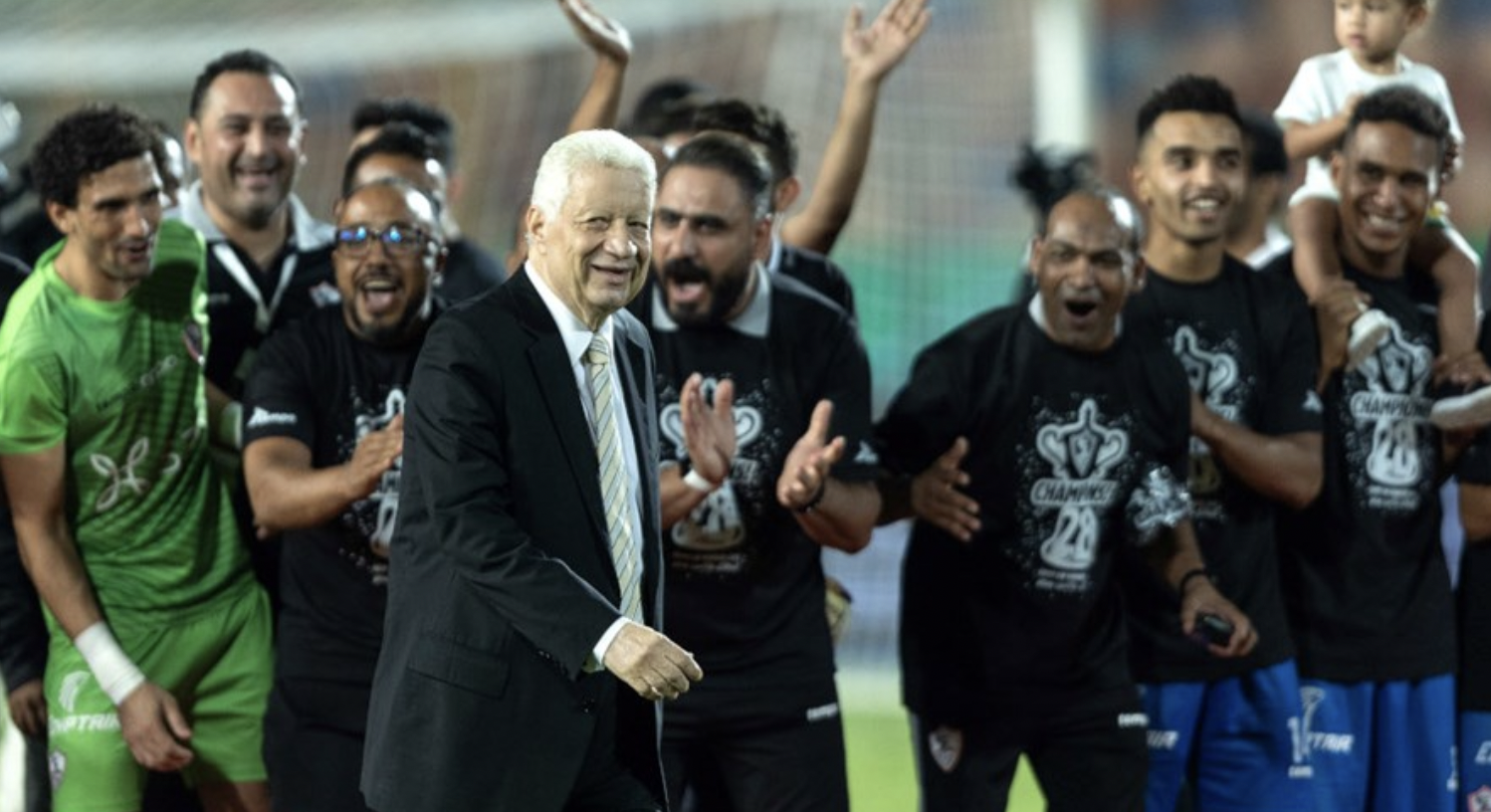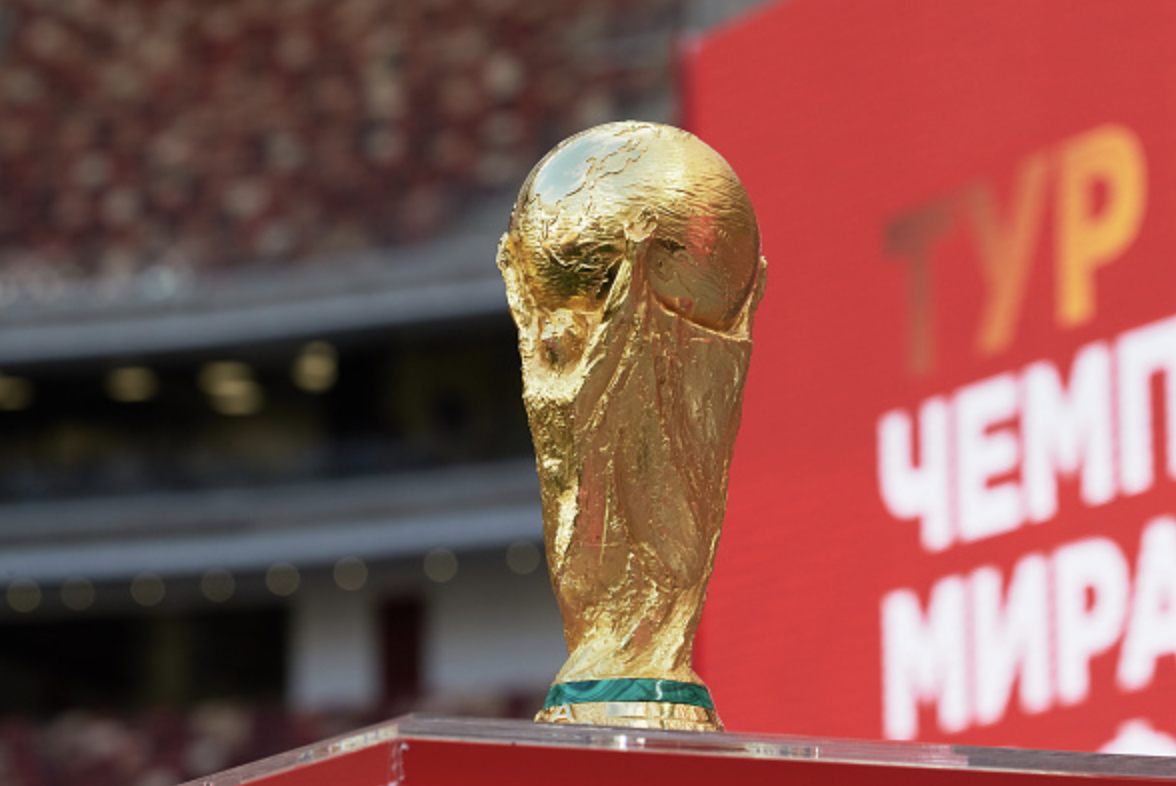August 10, 2022
The brief from today:
CAF confirm Super League
The Confederation of African Football (CAF) held their general assembly meeting today in Tanzania announcing the launch of an African Super League. Talk of a variation to the current CAF Champions League first appeared when FIFA president, Gianni Infantino, mentioned the idea two years ago. Contrary to the uproar that was witnessed when clubs in Europe made a similar announcement last year, the response in Africa has been somewhat muted. There has been pushback, primarily from South Africa’s players’ union, who said, “Professional football in South Africa and Africa could be at risk if the resolution to commence with the Super League is implemented and there may be no return from the wreckage that a Super League can become.” The feeling from South Africa, who have one of the thriving domestic competitions on the continent, is that domestic club football will be at risk if such a change to the status quo took place. Despite their, and a few others’ resistance, CAF plans to launch the Super League in the 2023/24 season. CAF president, Patrice Motsepe, is promising $100 million in prize money for the 24 teams that will participate in the first edition of the competition. Currently the winner of the Champions League typically receives $2.5 million as their prize money, but the distributions for the Super League are meant to be more lucrative. For example, the winner of the new continental competition will earn around $11.5 million in prize money, while each team is set to receive $3.5 million annually to cover player transfers/purchases, and pay for transportation. With the continent being so large the latter area has been a challenge for teams with Hamdi Meddeb, president of four-time Champions League winners, Esperance, saying, “Africa is a huge continent and sometimes we have to charter flights at a cost of more than $100,000 each.” In addition to that, CAF plans to distribute $1 million each year to each of Africa’s 54 member nations. CAF also intends to use about $50 million of the prize money to make the product more attractive in Africa, both aesthetically and from a compensation standpoint, with the aim of dissuading local talent from leaving to foreign leagues. How that beautification process will be executed remains to be seen, however. Motsepe has also pleaded with governments around Africa to help by ensuring they work on CAF-approved stadiums that will permit each team to play some of their matches at home. For now, the Champions League will still take place in tandem to the Super League, but their formats will be different. The 24-team Super League will include sides from 16 countries, with each nation allowed no more than three participants. There will be three groups of eight playing a group competition to open the tournament, then the next phase will be a playoff system pitting the top seeds against each other to decide the eventual champion. It isn’t quite clear, however, whether these 24 teams will be fixed, or if they will rotate each season. The Super League is set to commence in exactly one year, and will be the first such continental competition in world football. The hope is that all of this will be managed and implemented successfully for the long-term benefit of African football.
Club president get jail sentence
Egypt’s two biggest clubs, Al Ahly and Zamalek, are not only the most followed clubs in the country, they are also the most successful. As a result, a heated rivalry between the two sides has developed over the years, and that passion has now affected Zamalek president: Mortada Mansour. The 70-year-old recently abused his Al Ahly counterpart, Mahmoud al-Khatib, and his family, in a social media clip, which saw him receive a one-year prison sentence. Upon appeal, however, the punishment has now been reduced to one month along with a 10,000 Egyptian pound penalty. This isn’t Mansour’s first skirmish with the law, however, as he was also sentenced to three years in prison in 2007 after more abuse—in that incident—was leveled at court officials.
Mortada Mansour’s comments have landed him in trouble once again
Slight change to World Cup schedule
With the World Cup this year already being played during the winter for the time since its inception, a further change to the schedule was announced today. Fortunately this modification is only a slight one as the tournament will commence one day earlier than originally planned. The opening match, which was meant to be Senegal versus Netherlands on November 21, would have broken from the tradition of having either the host nation, or defending champion, be among the first two teams to play. As a result, the change made will now see the World Cup start on November 20 with the match between Qatar and Ecuador launching the competition. With that, logistical changes will now have to be made to accommodate fans who initially had tickets to an evening match on the 21st, but will now have to attend a match 24 hours earlier. The Senegal and Netherlands match has also been pushed back to the evening of the 21st from its original early afternoon slot. TV companies will have to make adjustments as their scheduling had also planned for a kickoff on November 21. The feeling, however, is that all parties are collaborating to adapt to the change, and the general mood is positive with everyone convinced all will be sorted.
Another slight change has been made to this year’s World Cup schedule



